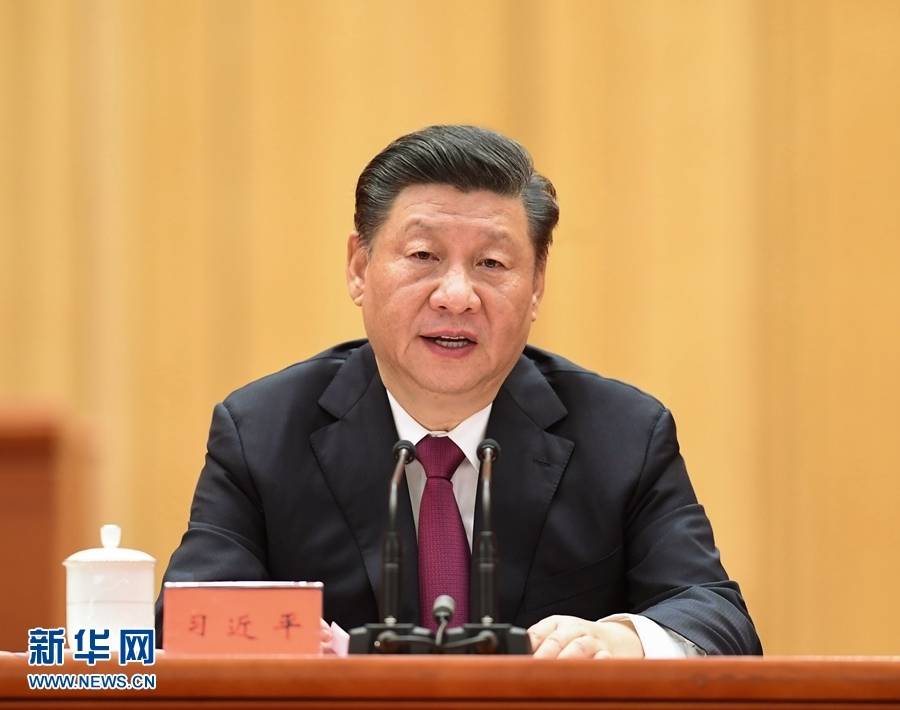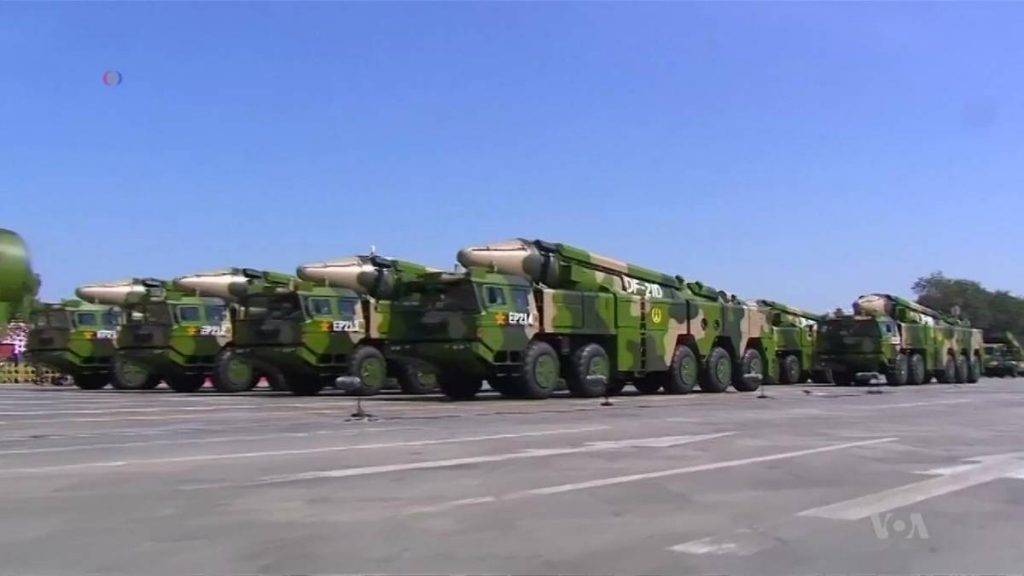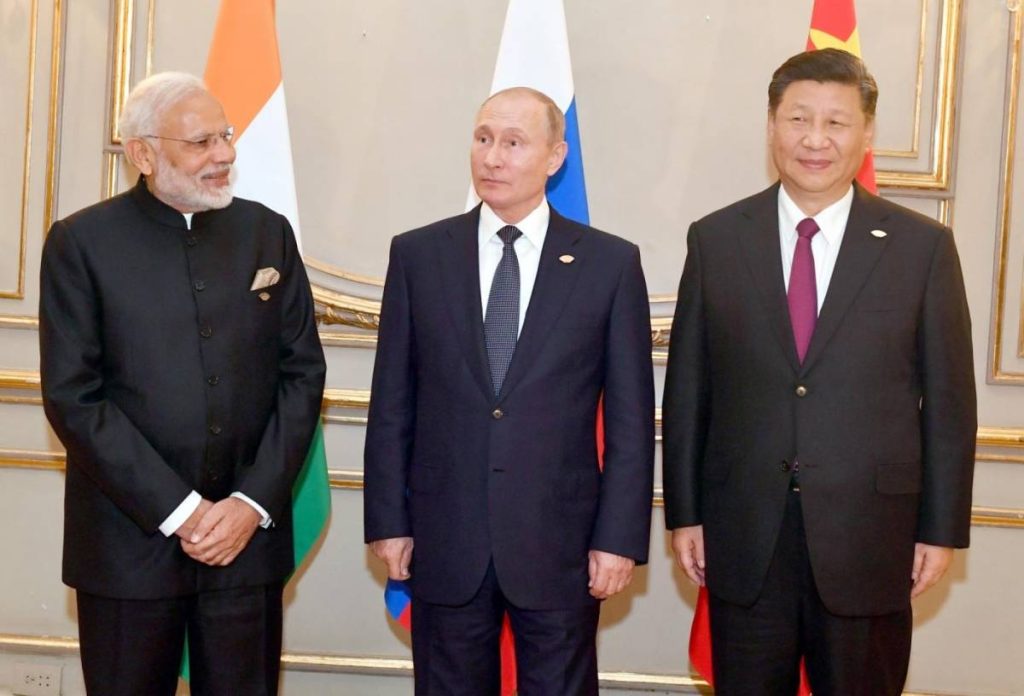As Russia and China continue to strengthen ties, Richard said he is “very concerned” about potential “cooperative aggression” from the two nations. ..reports Asian Lite News
US military chiefs do not know how far China will go in its current rapid expansion of long-range strategic nuclear missiles, Strategic Command (STRATCOM) chief Adm. Charles Richard said in a congressional testimony.
“We don’t know how far China is going to go. I don’t know that we have an idea what the end point of China’s nuclear expansion is,” Richard told the US Senate Armed Services Committee on Tuesday.
During the hearing, Richard said US military chiefs have not come to any consensus on how China might use its rapidly growing nuclear capabilities for coercive purposes or to otherwise support its interests around the world.
“I don’t think we’ve thought about in a long time what the coercive uses of these capabilities are,” Richard said. He also noted that China’s rapidly growing space program was second only to the United States.

As Russia and China continue to strengthen ties, Richard said he is “very concerned” about potential “cooperative aggression” from the two nations. “I’m very concerned about what opportunistic aggression looks like. I’m worried about what cooperative aggression looks like,” he said.
Speaking at the same hearing, US Space Command head Gen. James Dickenson said China and Russia have developed a wide array of systems and capabilities to destroy, disrupt and challenge American space-based systems.
“PRC and Russia have tested counter-space weapons across multiple domains as a way to blunt US influence, deter and counter a possible US response during conflict or crisis, and across the board reduce US and allied military effectiveness in the future,” Dickinson said.
Russia considers the US dependency on space as an exploitable vulnerability and has therefore developed capabilities including electronic warfare and directed energy weapons that can deny, degrade, and disrupt communications, navigation, and space-based intelligence, surveillance and reconnaissance, Dickinson said.
“These counter-space capabilities enable Russia to deny, damage, and defeat US space-based systems in order to reduce US military effectiveness and control conflict escalation if deterrence fails,” Dickinson added. (ANI)













